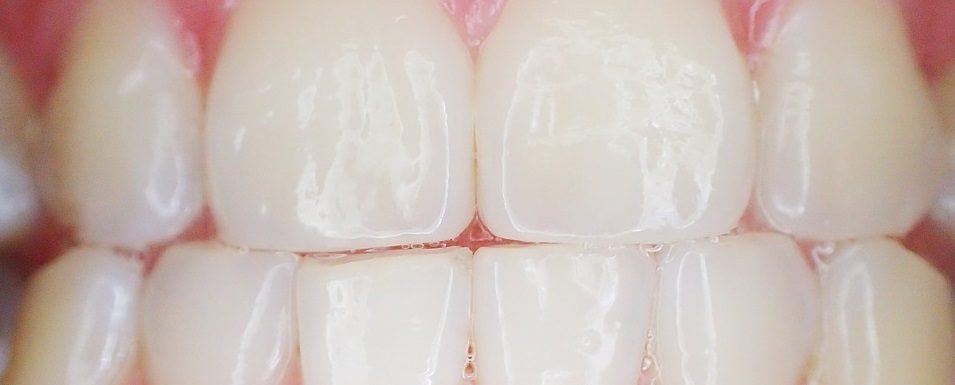Gum disease is one of those things which, if left untreated, can cause a great deal of long term, even irreversible damage. It can, however, be easily treated and prevented altogether when you know what to look for.
What is Gum Disease?
The other name for it in the early stage is gingivitis, something which any Stockport dentist will be familiar with, and it is a condition in which the gums become swollen and sore. In some cases, they can become infected. If the initial symptoms are not dealt with, then gingivitis can go on to become periodontitis, a more serious condition which affects the tissues which hold the teeth in place and which can lead eventually to tooth loss. This condition is one that can even damage the bones of the jaw.
How to Recognise the Signs of Gum Disease
The first thing you will notice is that you see blood when you brush or floss your teeth, a sure sign that your gums are in the early stages of damage. You will see a yellowish, sticky substance coating your teeth – this is plaque. Persistent bad breath is another early symptom of gingivitis. You should take a good look at your gums in the mirror to examine the colour of them; healthy gums should be pink. If yours are very red with a swollen appearance, this is another warning sign indicative of gum disease. Your gums may or may not be sore at this stage, but you should never ignore any bleeding or change in colour.
However, if you do see these initial symptoms but don’t do anything to rectify them, then you will begin to notice more serious symptoms ranging from more obvious bad breath along with a persistent unpleasant taste in your mouth. Your teeth will start to feel loose which will feel worse when eating. Eventually, any pain will become worse and could culminate in very painful gum abscesses.
Before things get to this stage, don’t just sit there worrying. Make an appointment to see your dentist, who can advise you on a suitable treatment and prevention routine.
What Causes Gum Disease?
In a nutshell, lax oral hygiene is the usual cause. Failing to brush and floss your teeth regularly allows plaque and bacteria to build up on your teeth and gums. Where plaque is not removed, this can harden to form tartar, which is much more difficult to deal with and can only be properly removed by a dentist.
The main culprits responsible for the development of plaque are sugary foods and drinks which work in conjunction with the bacteria in your mouth to form acids which help to destroy tooth enamel and cause decay. However certain health and lifestyle factors like diabetes, smoking, stress and pregnancy are among potential triggers for gum disease.
How You Can Prevent Gum Disease
Good oral hygiene is the proper way to prevent gum disease occurring in the first place, and this means regular brushing and flossing:
- Brush your teeth using a toothpaste which contains fluoride
- Brush for 2 minutes twice a day – at morning and just before bedtime
- Use an electric toothbrush if possible as these are more efficient than manual ones
- Gently brush your tongue to remove bacteria
- Floss regularly and use interdental brushes to clean between the teeth
- Cut down on sugary food and drinks and if you do consume these try to rinse your mouth out with water immediately afterwards
- Quit smoking

Leave a Reply